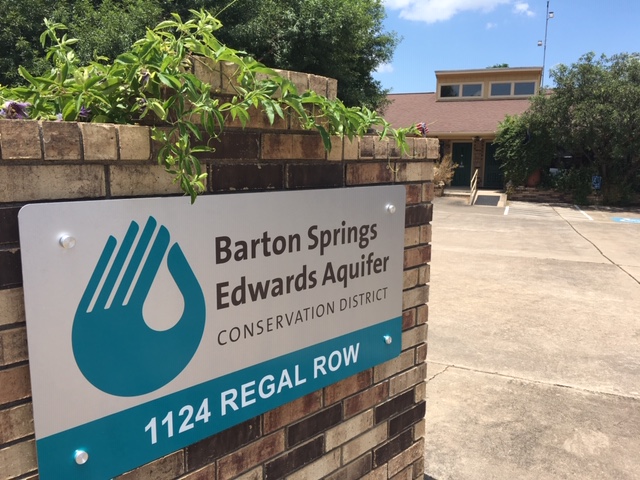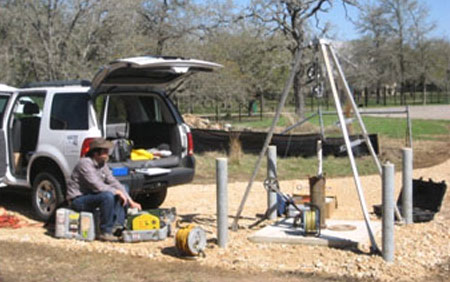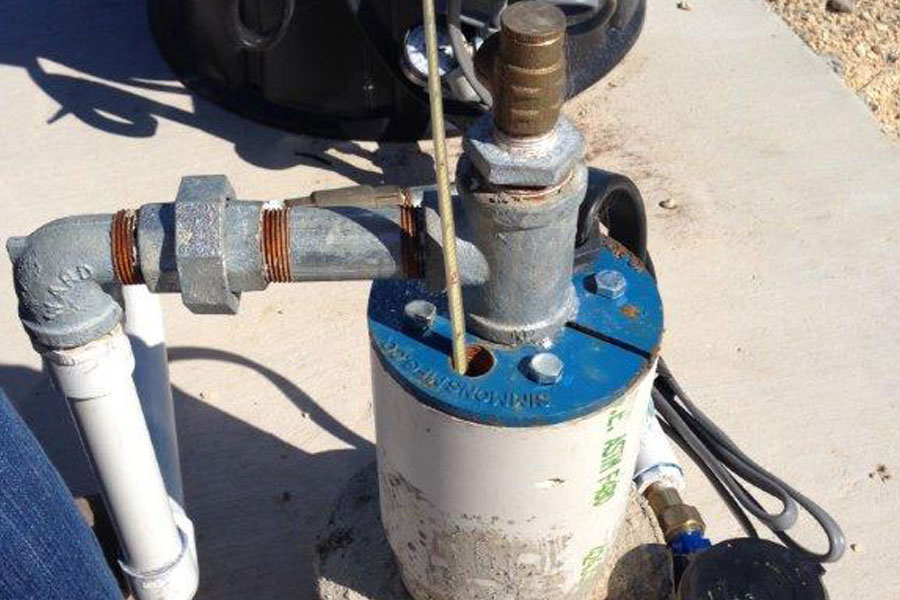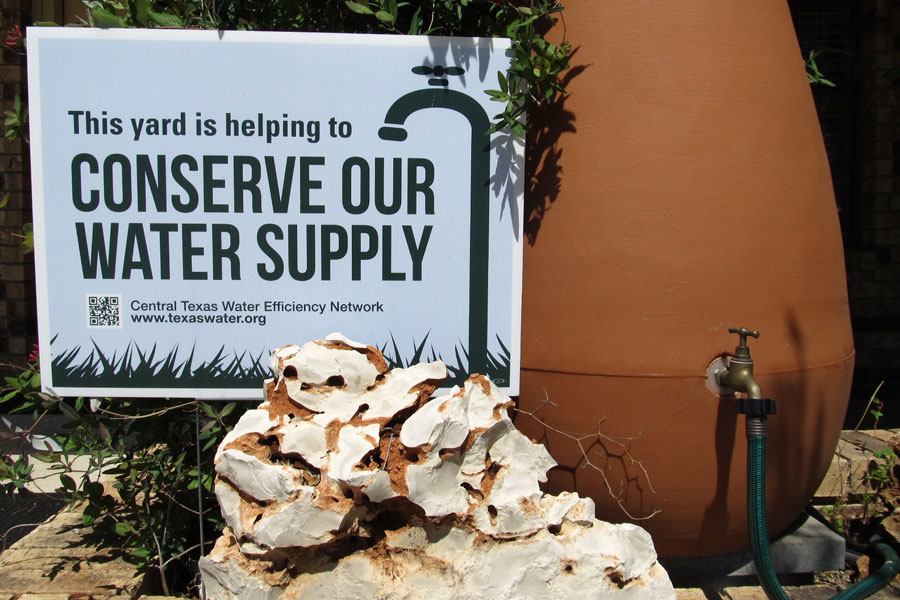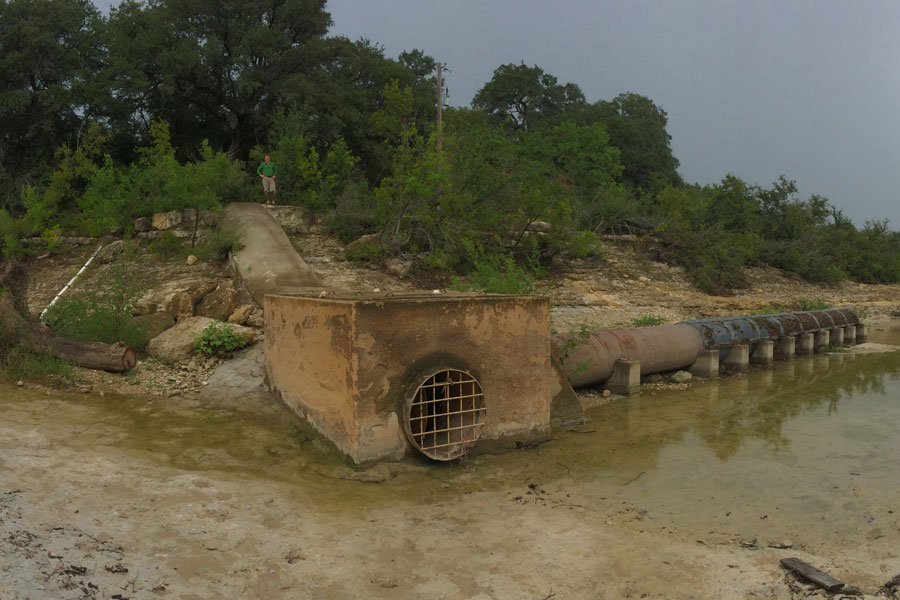Press Release: Board Resolution concerning the Kinder Morgan Permian Highway Pipeline
For Immediate Release:
For more information, contact: Robin Gary, Senior Public Information and Education Coordinator at rhgary@bseacd.org, 512-282-8441
BSEACD Board of Directors approves resolution concerning the Kinder Morgan Permian Highway Pipeline
Kinder Morgan’s proposed natural gas pipeline—the Permian Highway Pipeline—would cross through sensitive areas within the Barton Springs/Edwards Aquifer Conservation District in Hays County.
On Thursday, March 28, the District’s Board of Directors passed and approved a resolution stating that because there is not a reasonable assurance that the aquifers will be protected during the construction and operation of the pipeline, the Permian Highway Pipeline should not be located within the District or any other hydrologically-sensitive area.
The resolution acknowledged Kinder Morgan’s verbal agreements to limit the pipeline to transport of natural gas, conduct a karst survey, develop a void response and mitigation plan, develop a stormwater pollution prevention plan and erosion control and revegetation plan.
However, the resolution explains that to adequately ensure aquifer protection, Kinder Morgan should perform an official Environmental Impact Study and should comply with the TCEQ Edwards Aquifer protection rules. The Permian Highway Pipeline project is exempt from these rules and standards.
“Without this information and Kinder Morgan’s plans to protect the aquifers for all of its uses, including public water supply and the habitat of endangered species, the Board of Directors could not support the location of the pipeline within the District or any other hydrologically-sensitive area,” stated Blayne Stansberry, President of the District’s Board of Directors.
Useful links:
BSEACD is a groundwater conservation district charged by the Texas Legislature to preserve, conserve, and protect the aquifers and groundwater resources within its jurisdiction, which includes parts of three Central Texas counties. It is governed by a Board of five elected directors and staffed with hydrogeologists, groundwater regulatory compliance specialists, environmental educators, geospatial systems specialists, and administrative support personnel.
